From Trash to Treasure: How Rwandan Farmers Are Finding Gold in Waste
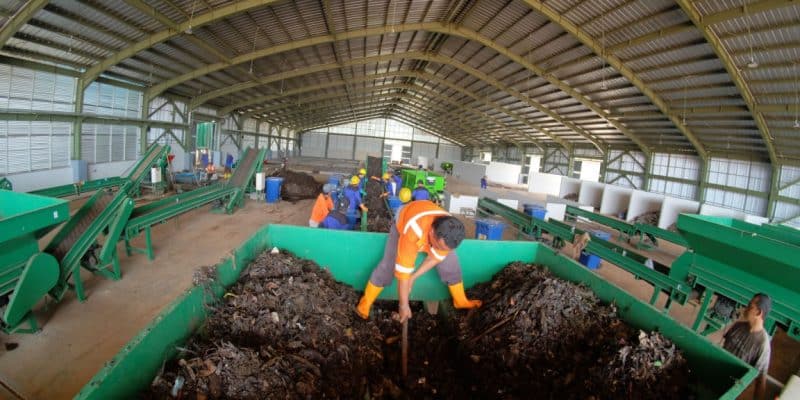
What used to be dismissed as waste is now putting money into the pockets of Rwandan farmers, livestock keepers, and agribusiness operators. Thanks to the Circular Food System for Rwanda initiative, crop residues and other by-products are being transformed into fertilizer, animal feed, and even charcoal briquettes.
The project, launched in 2021 through a partnership between several regional and global organizations, including the National Industrial Research and Development Agency (NIRDA/CPCIC), supports small and medium-sized enterprises in reducing food losses and creating value from what was once wasted.
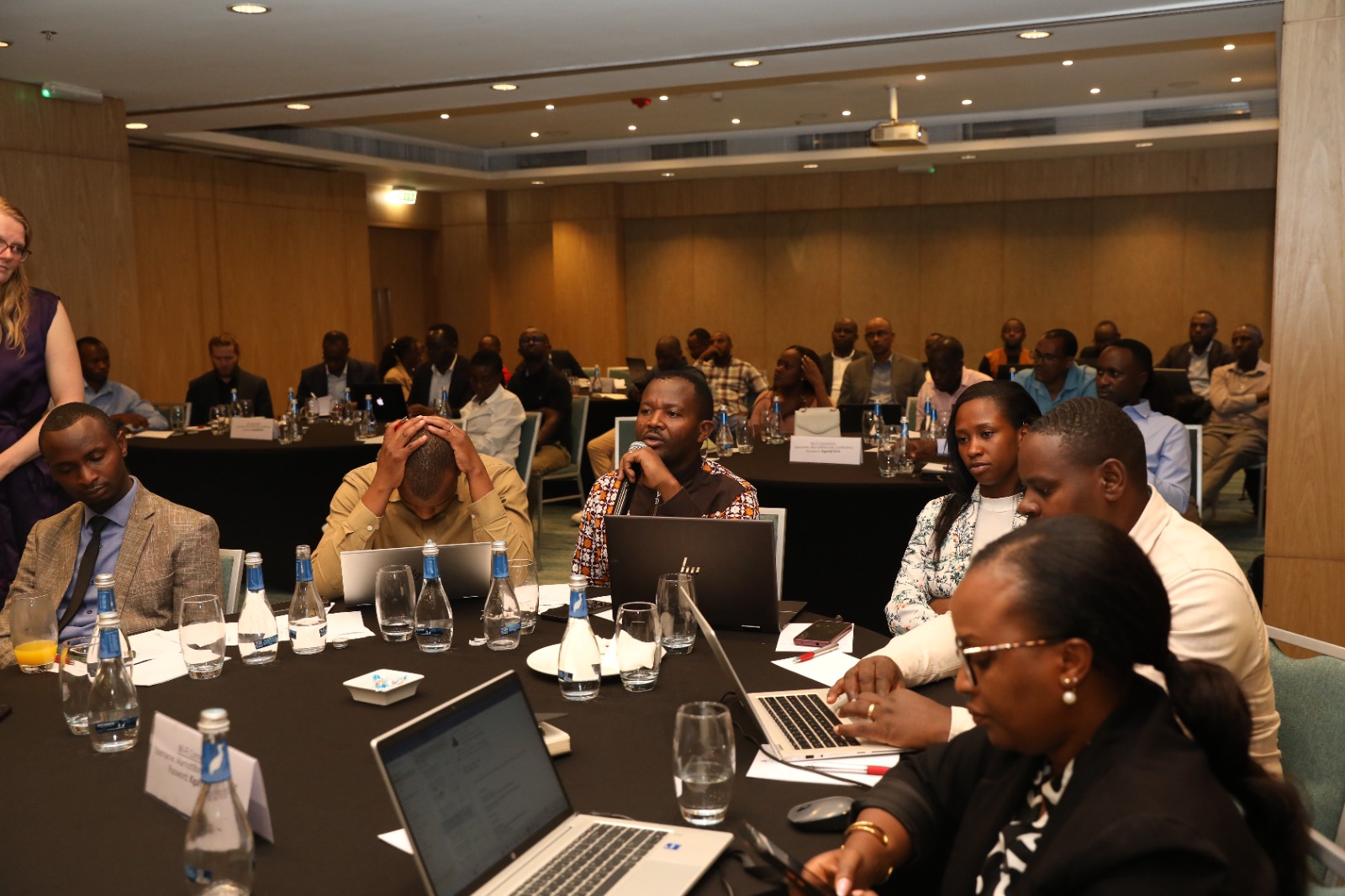
For many farmers, the change has been dramatic. Diogene Kimenyi, a farmer and livestock keeper in Nyagatare District, explained how his perspective shifted:
“All waste is money if you think about it that way. It has helped us a lot, especially with fertilizer. We have a 10-hectare plantation of bananas mixed with coffee, which was very hard to fertilize before. But once we realized that all the waste we had could be turned into fertilizer, we saw that it was more than enough—not only for our own fields but also to sell. What used to be called waste is now bringing us money.”
Kimenyi added that organized waste collection points have made it easier to think differently:
“We now have waste centers where different types of waste are collected, and from there we think about how to turn them into money. What used to be waste is now really giving us an income.”
Together with colleagues, Kimenyi now produces 50 to 70 tons of compost every two months, selling it for about 200 Rwandan francs per kilogram. On top of that, they earn 150,000 francs every two months from scrap metal and more than 100,000 francs monthly from tree waste.
Coffee Waste Finds New Life
Coffee processors are seeing similar benefits. Console Niyigena, who works in a coffee factory, explained:
“We used to have a big problem with waste at the factory, and it even affected nearby residents. But we realized that what we called waste could be turned into something useful—not just for us but also for the country. Coffee husks, for example, can be turned into fertilizer, which helps us improve our yields and also protect the soil.”
Niyigena added that they have also found another use:
“Before, we sometimes sold the husks to people who made bricks, but it wasn’t profitable and often they didn’t even collect them. Now we use them to make charcoal briquettes. They are cheap, easy to use, good for the community, and also help protect the environment.”
A National Effort
For Eric Ruzigamanzi, WRI Rwanda Country Representative | Food Program Lead and Leader of the Circular Food System for Rwanda project, the fight against food loss is urgent:
“With around 40% of Rwanda’s harvests still being lost, this is not something we can keep quiet about. We need to keep working with the government and MINAGRI to reduce losses and turn by-products into valuable things like animal feed, fertilizers, and briquettes. That is why we carry out research—to see what else can come from what is being lost, and how it can bring in income.”
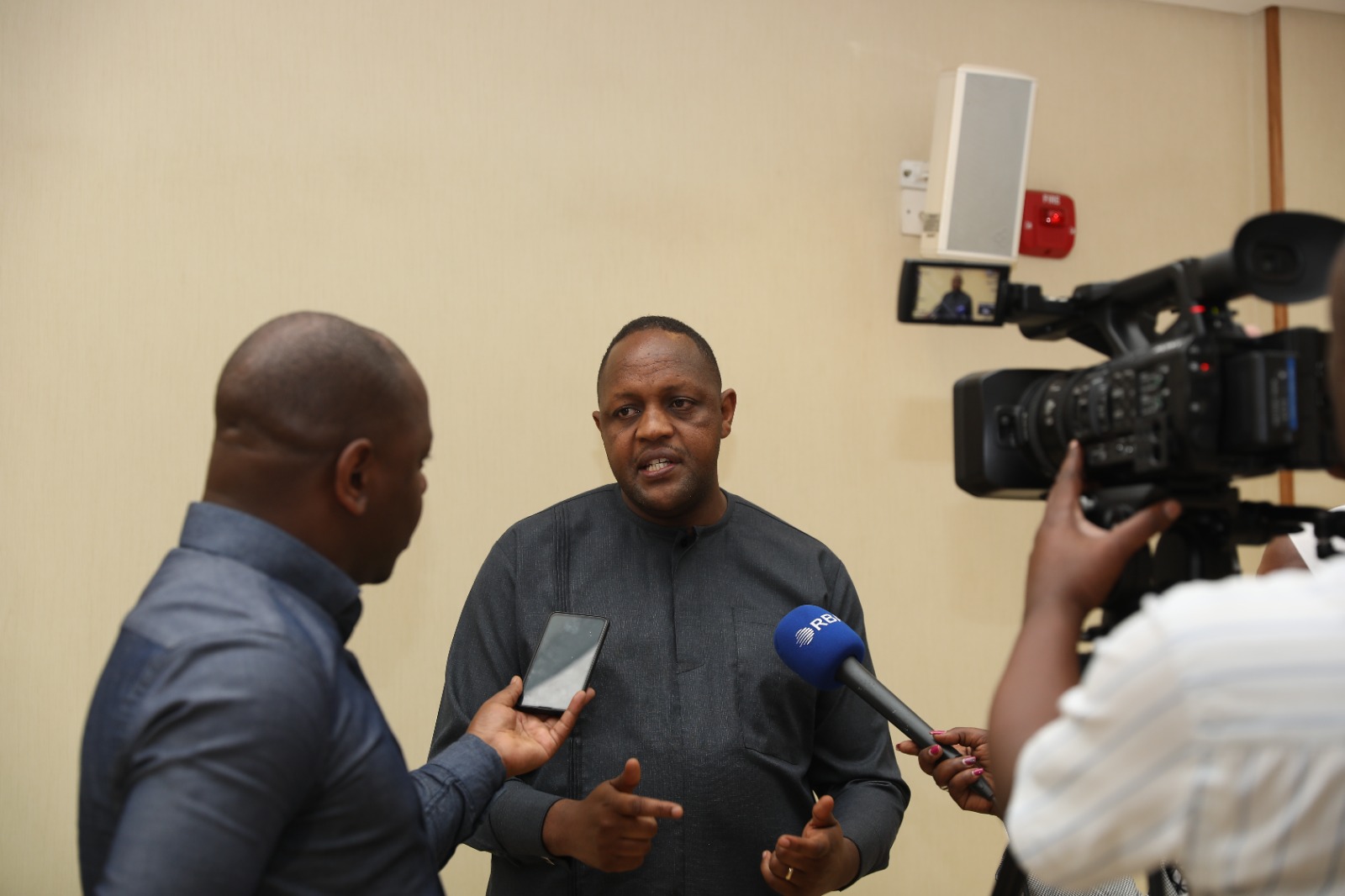
The government’s broader agricultural strategy also prioritizes reducing waste. Dr. Patrick Karangwa, Director of Modern Agriculture Development at the Ministry of Agriculture, explained:
“Our aim is to raise national yields by at least 50% per hectare, and to reduce post-harvest losses so that they do not go beyond 5%. We know this is a journey the government cannot take alone, so we are working with partners, including industry players.”
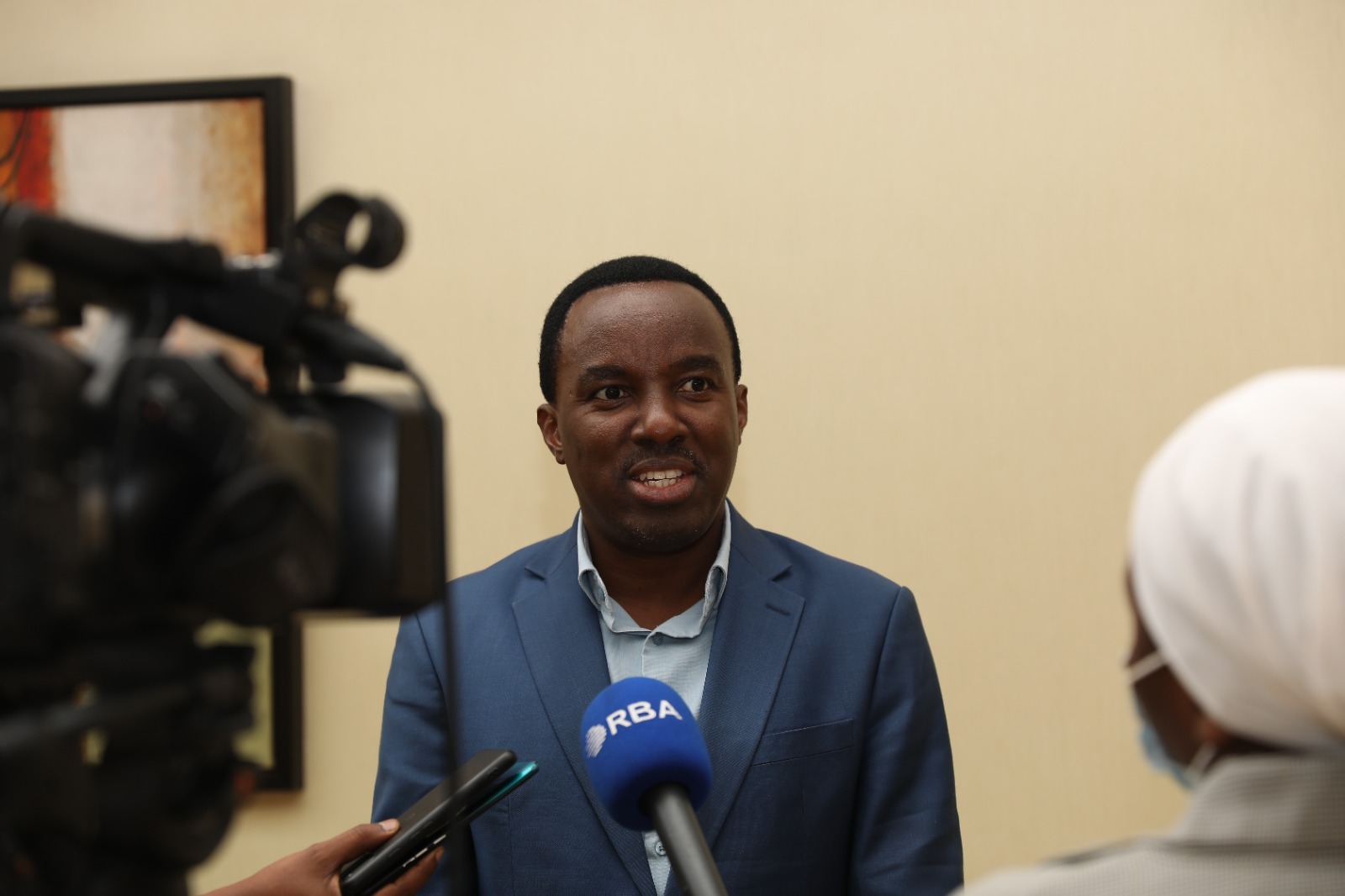
A Global Challenge
Globally, around 30% of food is lost or wasted, while more than 800 million people suffer from hunger.
Experts say that if food losses were better managed, hunger could be eliminated. Rwanda’s approach shows how local initiatives can be part of the solution—turning waste into value, and a problem into an opportunity.
Other pictures:
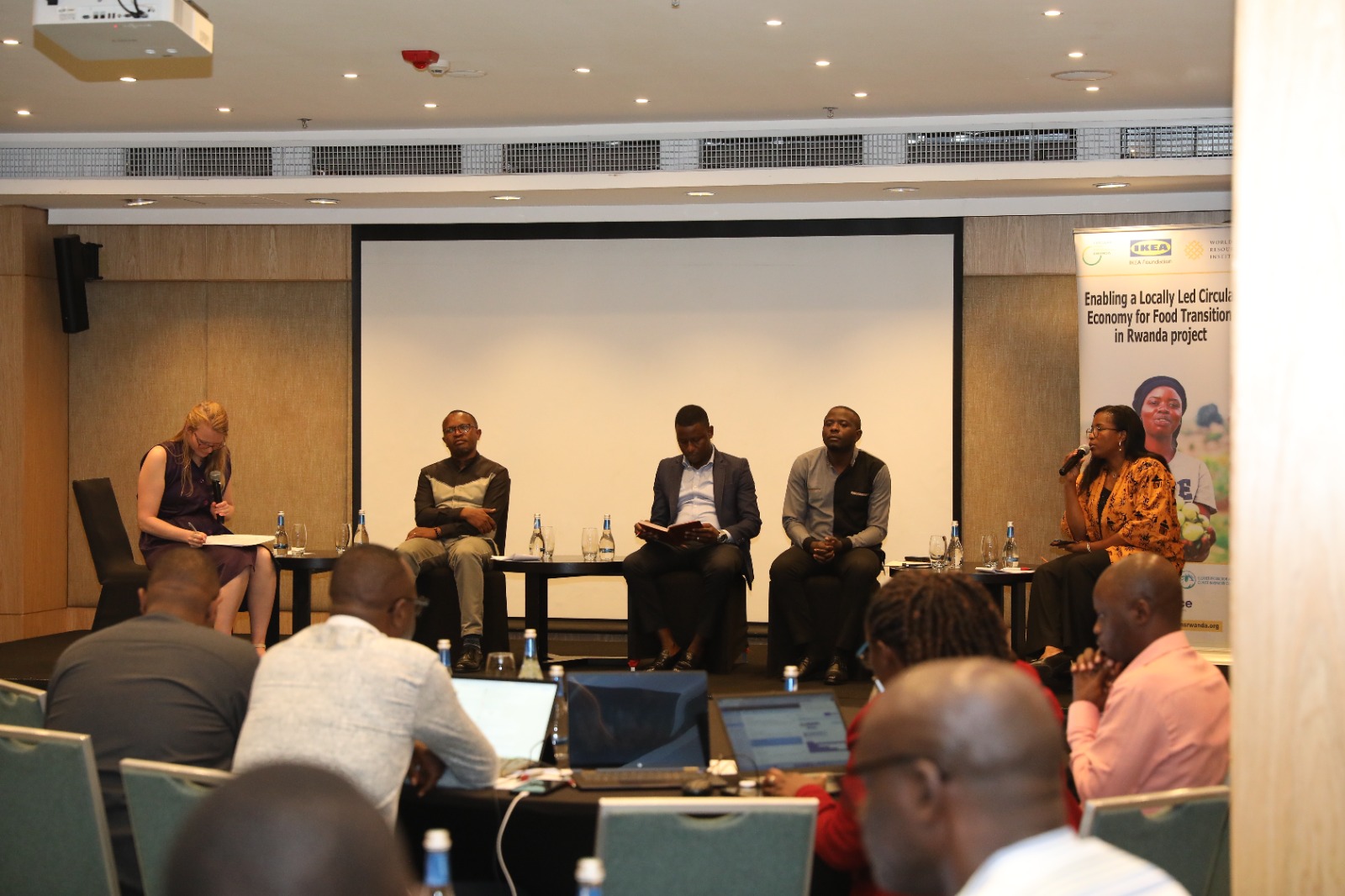
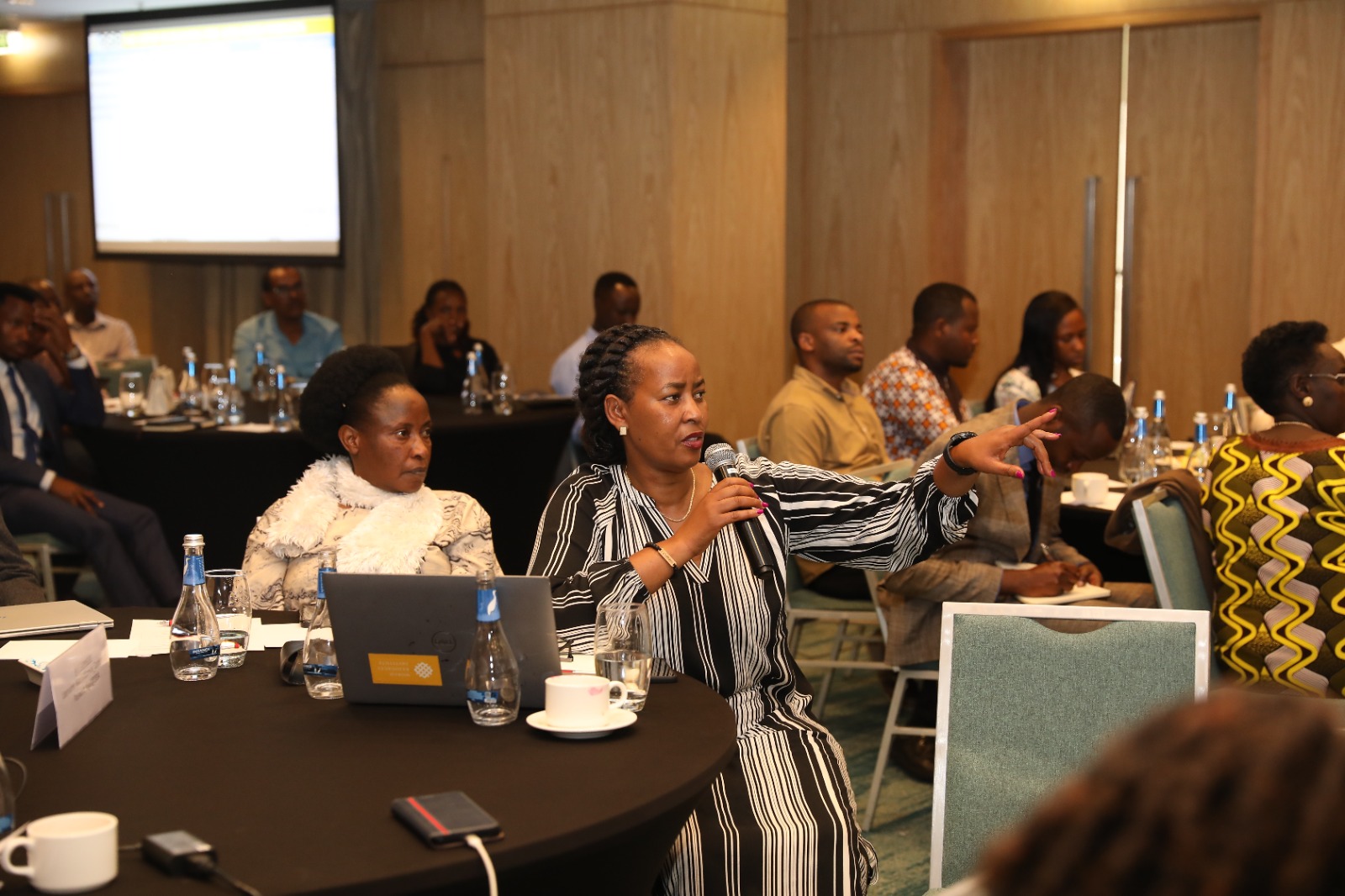
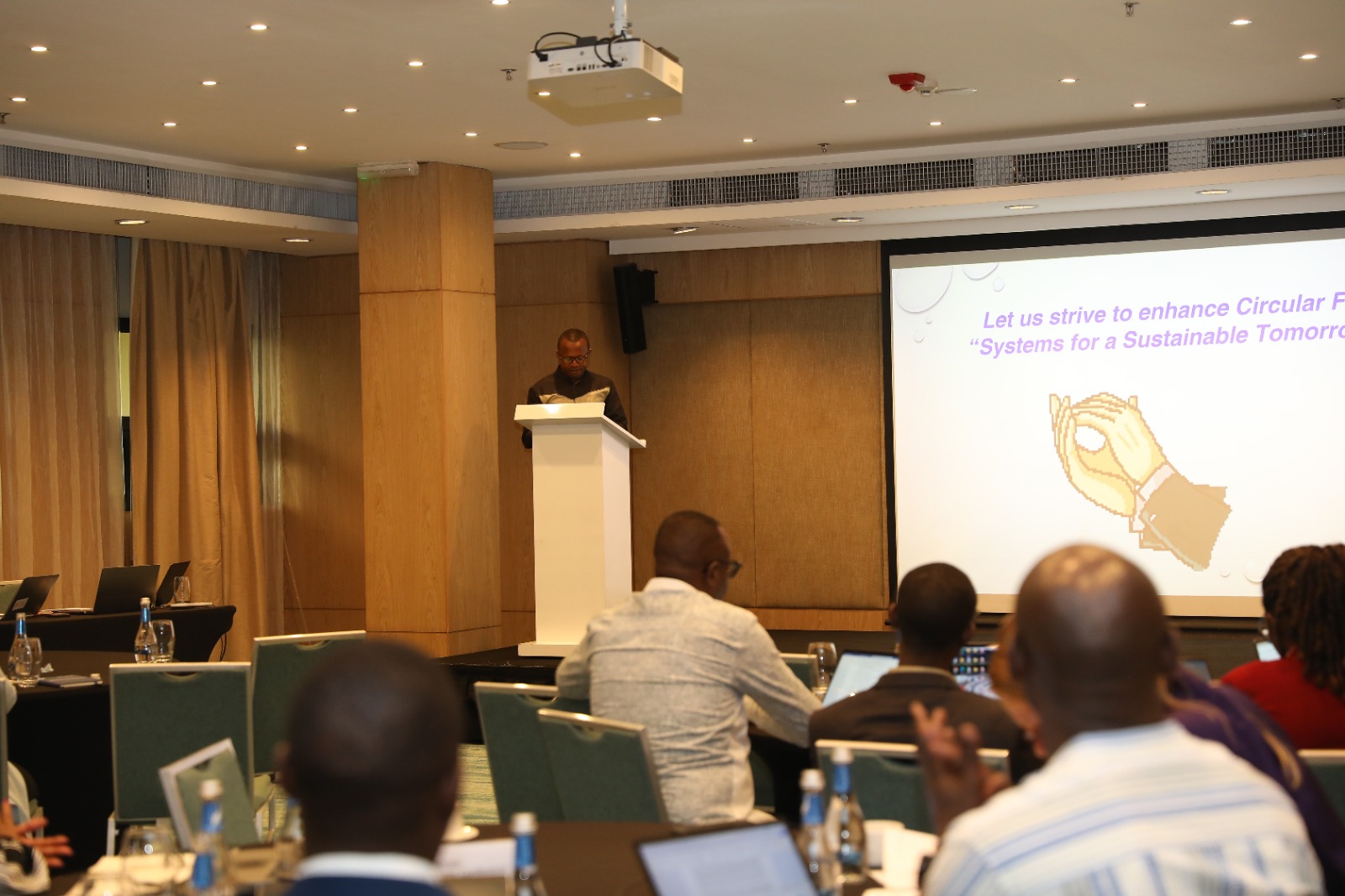
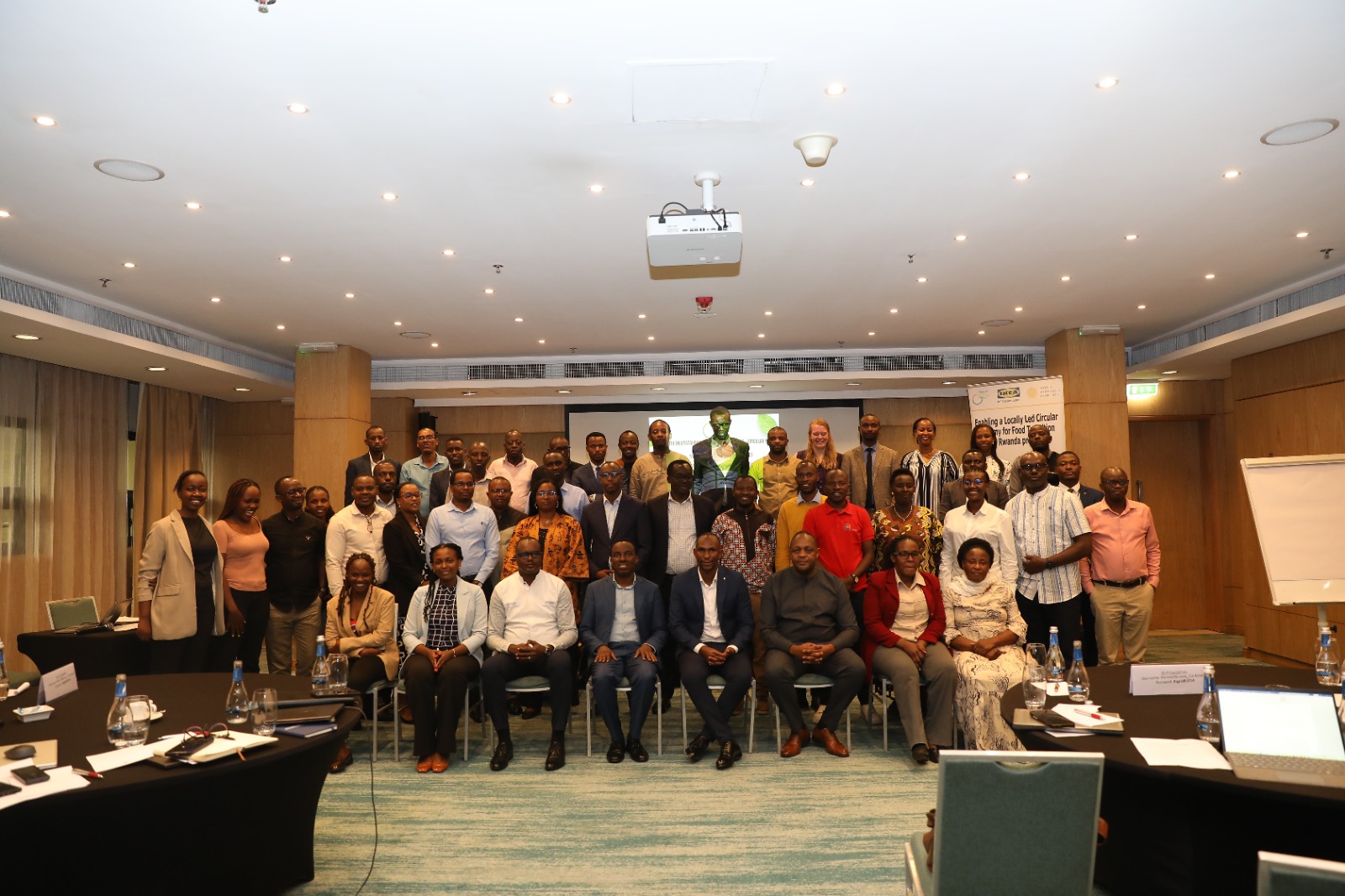
Trending Now
Hot Topics
Related Articles
Leaders Call for Stronger Monitoring to Turn Ecosystem Restoration Commitments into Results
Nairobi, Kenya — 27 January 2026 Country and regional leaders, alongside technical...
Worm Tea: A Natural Path to Farming Without Harmful Chemicals
For much of his early farming life, Isaac Mubashankwaya believed chemical fertilizers...
Enroll Now Before 31 December 2025: International German Language Exams Launch in Rwanda
Rwanda will host the European Consortium for the Certificate of Attainment in...
Rwanda Validates Environment and Climate Change Mainstreaming Strategy 2024–2029
This Tuesday, 23 December 2025, the Rwanda Environment Management Authority (REMA), in...


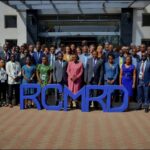
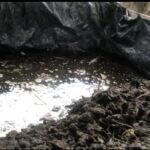

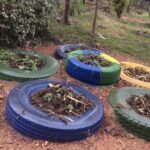

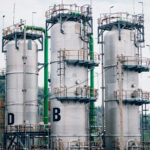


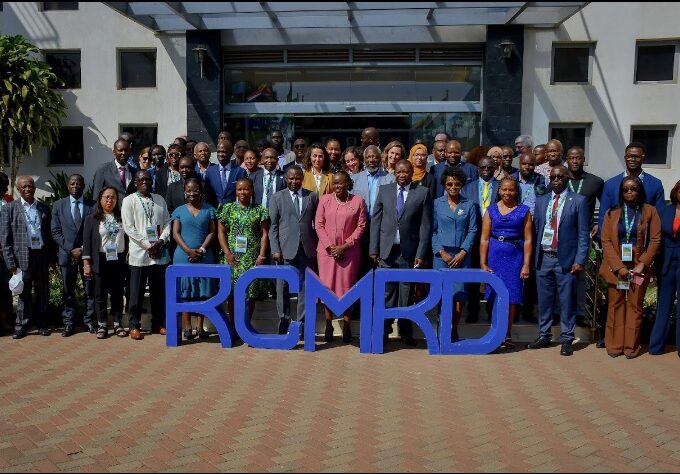
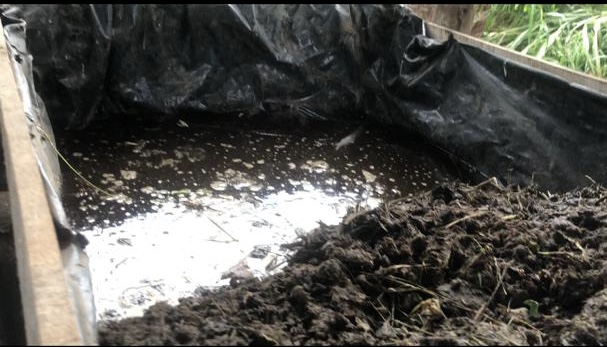
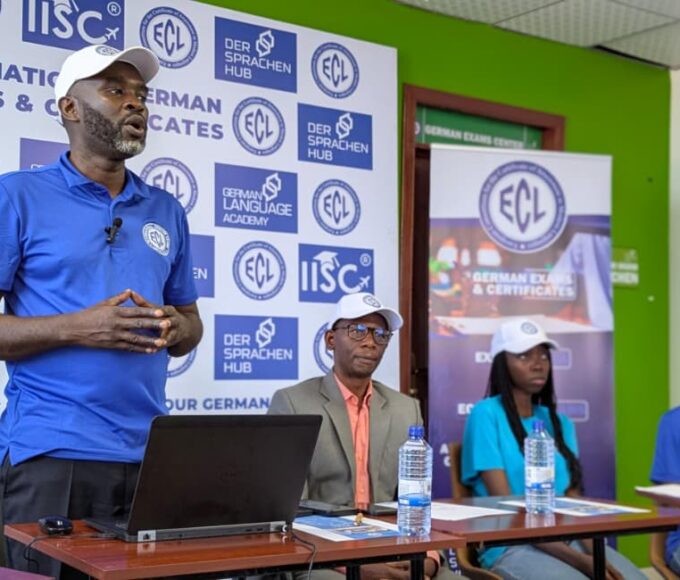
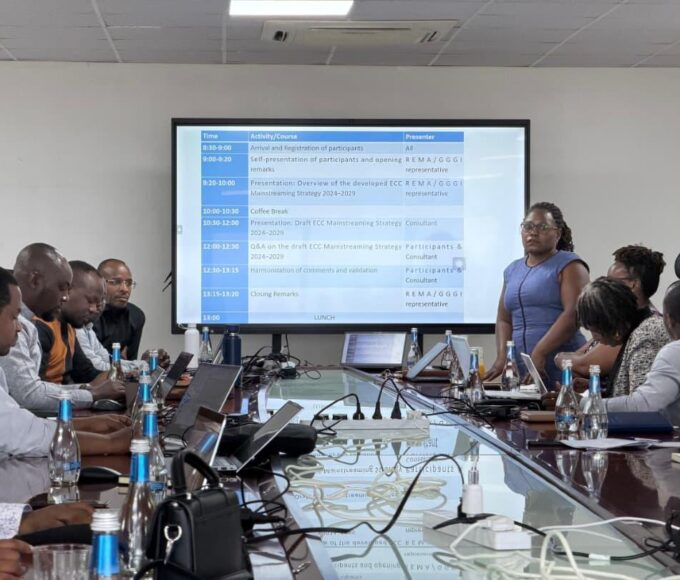
Leave a comment